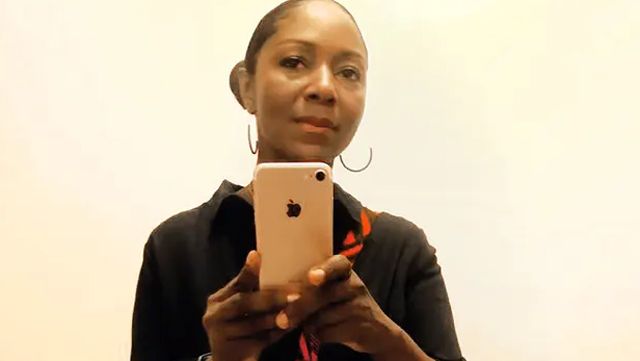An all-white tribunal in London has ruled that the Foreign Commonwealth and Development Office are formerly known as British Department for International Development (DFID) in Nigeria racially discriminated against a black senior civil servant, Ms. Sonia Warner after launching an inquiry into her sex life.

Warner, a British civil servant for 33 years, who oversaw government grants given to Nigerian organisations under the Anti-Corruption in Nigeria (ACORN) programme of the FCDO, was the victim of unconscious discrimination when she was “pushed away”, “disowned” by colleagues, the employment tribunal concluded.
The ruling followed a six-month departmental inquiry that was launched into Warner while she worked in Nigeria as the Senior Responsible Officer of ACORN programme. She was accused of forming an intimate relationship with an employee of an organisation receiving UK government cash – a claim she denied and the tribunal has proven to be false.
The ruling follows media reports last year that found that many black, Asian and minority ethnic men working in development for the government claim to have experienced prejudice at work, including racist jokes and doubts about their legality as UK citizens.
The tribunal in its ruling concluded that Warner had been the victim of unconscious bias by senior colleagues assessing and conducting claims against her.
It said: “We have found that the claimant [Warner] was treated with an unwarranted degree of suspicion, that unfair assumption were made about her, that minds were closed, that she was treated unfairly in the disciplinary process, which took an unreasonably long time.
“The explanations that we received from the respondent [FCDO] for this treatment were not just poor or unreasonable excuses. They simply did not adequately explain the degree of unfairness and unreasonableness in the treatment and we infer that the missing part of the explanation is the claimant’s race.
“The claimant was ‘pushed away’, ‘disowned’ during the disciplinary process in a way that we consider would not have happened were she a white civil servant with the equivalent length of service and experience,” the tribunal said.
Warner, who had worked across Africa, Asia and Latin America, moved to Nigeria in 2017 as a senior governance adviser, leading on anti-corruption. Her job was to help Nigeria tackle endemic corruption by providing grants to both government and civil society organisations.
Trouble started for Warner in 2019 when she suggested that a £2m grant given to a Nigerian charity should be subject to closer monitoring following observed infractions. Two days later, people connected to the charity accused Warner of having an affair with an employee of the charity, a claim she promptly denied.
Warner was subsequently accused of misconduct, which included failing to report a conflict of interest due to a relationship.
The allegations resulted in a six-month investigation by an all-white FCDO team that gave Warner a final written warning, legal documents show. The tribunal is yet to rule on any compensation she may receive. A remedy hearing has been fixed for February.
Despite the controversy that trailed her wild accusation, her programme turned out a huge success as it significantly contributed to poverty reduction, anti-corruption reforms and massive awareness creation around the issues of corruption, asset recovery and utilization.
In a swift reaction to the employment tribunal ruling, Warner said: “After 33 years of dedicated service I felt heartbroken and humiliated by the treatment I received from white colleagues who I trusted to act in a fair and impartial manner, regardless of my race.
“It has taken two years to be heard on this issue because conscious and unconscious biases are a real barrier to fairness and equality. This is a victory for racial justice, which I hope will lead to a stronger commitment to strengthening HR systems and processes to protect black staff.”



